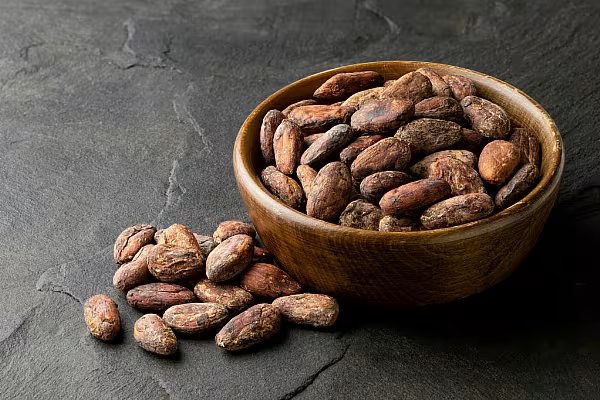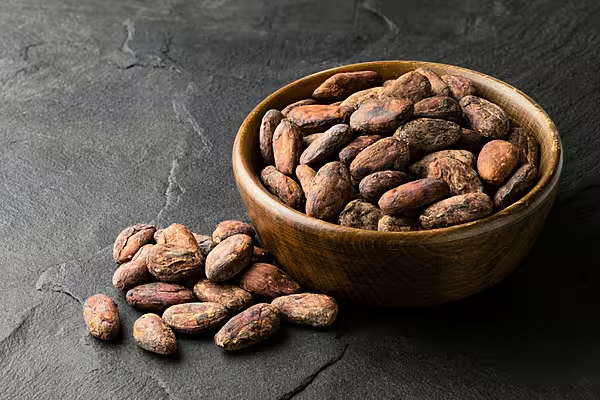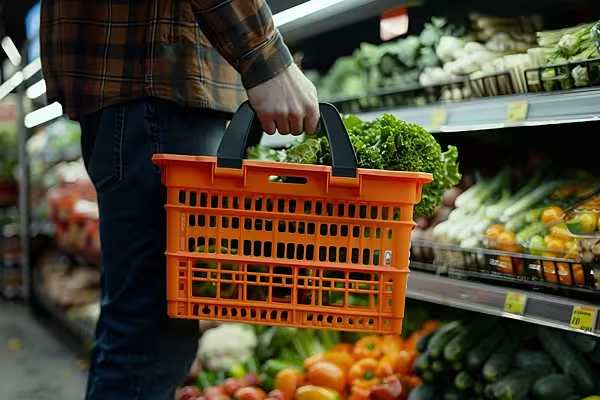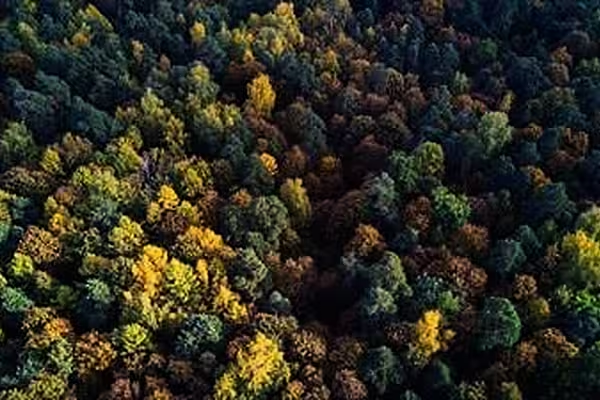Ivory Coast's cocoa production for the 2023/24 season is expected at 1.75 million metric tonnes compared with a previous forecast in September of 1.8 million tonnes due to the spread of swollen shoot disease in cocoa farms, industry sources said.
The viral disease, which is endemic in the West African cocoa growing region, kills cocoa trees within a few years.
Cocoa output from the world's top producing nation reached 2.3 million tonnes in the 2022/23 season.
The West African nation and neighbour Ghana, both produce about two-thirds of the world's supply of the main ingredient in chocolate. This season they are struggling to meet production targets due to poor weather.
Concerns over global cocoa beans deficit from the two major producers has pushed and sustain cocoa futures at 46-year highs.
Ivory Coast's main October-March harvest is now expected at 1.3 million metric tonnes, while the April-to-September mid-crop is seen at 450,000 tonnes, according to a consensus from the sources.
The sources, who requested anonymity so as to speak candidly include five cocoa exporters, three cocoa pod counters who recently visited farms, and two officials from the cocoa regulator. They said the revised forecast was worse than previous estimates.
A rapid spread of swollen shoot disease has been observed in 11 of Ivory Coast's 13 cocoa growing regions, they said.
Revised Outlook
"We were forced to further reduce our forecasts to reflect the reality on the ground. This year will be one of the worst in terms of production in Ivory Coast," said a pod-counter who finished his tour of farms at the beginning of December.
A director of a cocoa export company, said farmers have been complaining about the drop in production and productivity over the past three years due to the disease. He said thousands of fields and hectares of cocoa are totally infected and destroyed.
A cocoa analyst who spent 10 days in the cocoa-producing regions between November and December, told Reuters that the spread of the disease signals a structural decline in Ivory Coast's cocoa output which will continue because farmers can no longer renew plantations elsewhere in classified forests.
In the cocoa-belt region, farmers told Reuters that the glory days may be over because the disease is spreading and the absence of a treatment has discouraged farmers.
Soubre-based farmer Ali Kante said that he was planning to chop down his remaining cocoa and plant palms after his output dropped in the past two years as the disease took over.
A palm oil processor has been set up in the region, and facilitates the switch by providing cocoa farmers with palm nurseries.
"We no longer have access to forests for new cocoa plantations. When there is swollen shoot we have to cut the cocoa and wait five years," said Simeon Djedje who had five hectares of cocoa in Issia. He has now planted palms in four to continue to earn an income.














